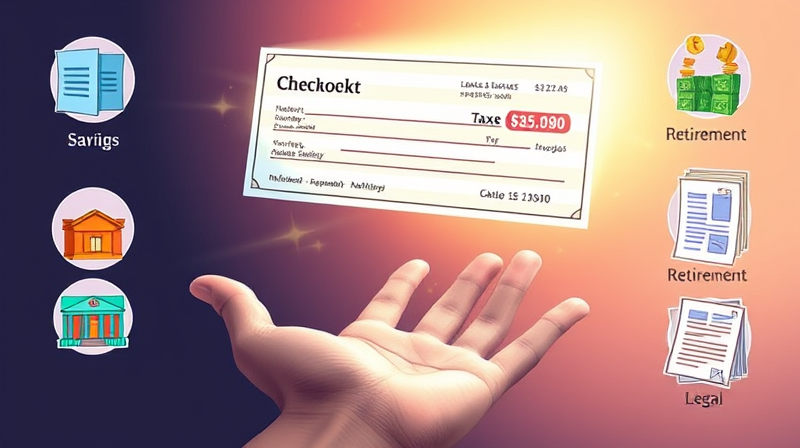
Creating a clear plan for your estate is one of the greatest gifts you can leave behind. It guarantees that your wishes are honored and that those you care about are protected when they need it most.
By taking proactive steps today, you remove uncertainty and provide a roadmap for your loved ones to follow, ensuring a smoother transition during difficult times.
Estate planning is the comprehensive process of organizing your financial affairs so your wishes are carried out if you become incapacitated or pass away. Beyond asset distribution, it covers healthcare directives and guardianship assignments.
No matter your age, net worth, or family situation, having a plan in place brings financial security and peace of mind to you and your heirs. Without it, assets can be tied up in probate, and loved ones may face confusion and extra costs.
Several essential documents form the backbone of any effective estate plan. The following table outlines their primary functions and why they matter:
It’s wise to regularly review and update your plan every three to five years or after major life changes such as marriage, divorce, birth, or death in the family. State-specific variations may apply, especially for healthcare directives.
In 2025, the federal gift and estate tax exclusion rises to nearly $14 million per individual and $28 million for married couples. This new federal exclusion amount for 2025 presents a prime opportunity to make lifetime gifts and reduce future tax exposure.
Keep in mind, though, that these generous limits are set to revert to around $5 million (adjusted for inflation) in 2026 unless Congress acts. Additionally, state estate or inheritance taxes can vary dramatically, so understanding local thresholds is critical.
For inherited retirement accounts, post-2020 rules require most non-exempt beneficiaries to withdraw the entire balance within ten years. Failing to comply can result in steep penalties, underscoring the need for timely planning.
Well-structured strategies can avoid costly probate and legal delays while safeguarding your family’s financial future. Work with professionals to tailor these approaches to your circumstances.
Coordinating these strategies allows you to strike the right balance between control, tax efficiency, and flexibility.
Your estate plan should explicitly designate guardians for minor children and set aside resources for dependents who need ongoing care. Special instruments offer targeted support:
By creating structured provisions, you can protect assets from creditors effectively and ensure the welfare of those who rely on you most.
Avoid these frequent mistakes: failing to update documents after major life events, neglecting to synchronize beneficiary designations, and overlooking digital assets. State-specific laws may introduce unique requirements, so don’t rely solely on templates.
Engaging an experienced estate planning attorney and a qualified tax professional helps you navigate legal complexities, adapt to changing tax laws, and handle large or intricate estates with confidence.
True legacy planning transcends financial assets. It’s about capturing your values, beliefs, and personal stories to pass down through generations. Consider including letters of instruction, charitable bequests, or family mission statements.
When you craft a holistic plan, you ensure your wishes endure for generations and leave a meaningful imprint on your family’s history.
Start today: secure your legacy, protect your loved ones, and embrace the peace of mind that comes from a thoughtfully designed estate plan.
References













